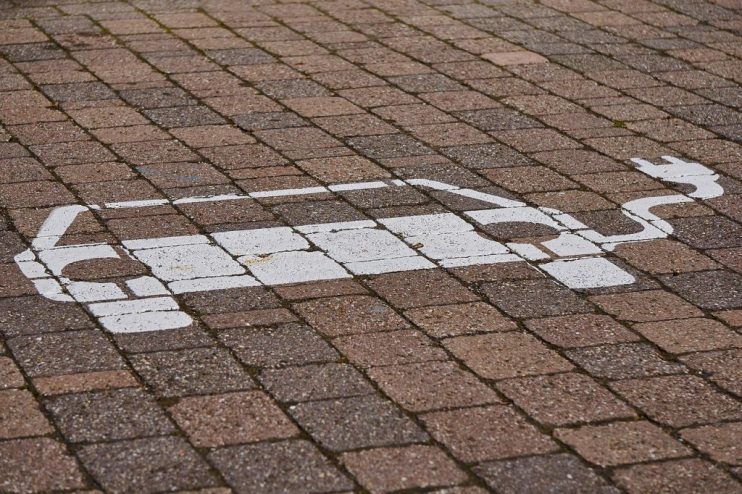Costs of EV rapid charging increases by a fifth following surge in energy prices

The cost of rapidly charging an electric vehicle (EV) has increased by a fifth in the last eight months due to soaring energy prices.
Data from automotive insurance company RAC reported that since September public rapid chargers have increased their rate by 7.81p per kilowatt hour (kWh) to 44.55p kWh.
This means that completing an 80 per cent rapid charge for a normal-sized family EV has increased by £4, from £18.81 to £22.81.
According to the RAC, the £4 increase was caused by a rise in the cost of wholesale electricity, which rose 65 per cent since September due to surging gas prices.
“Just as the price that drivers of petrol and diesel cars pay to fill up at the pumps is driven by fluctuations in the world oil price, those in electric cars are affected by gas and electricity prices,” said RAC’s electric vehicle spokesperson Simon Williams.
“But while electric car drivers may not be immune from the rocketing price of wholesale energy – most notably gas, which in turn dictates the cost of electricity – there’s no doubting that charging an EV still represents excellent value for money compared to filling up a petrol or diesel car.”
In the same period, the cost of filling up a fuel or diesel car has gone up respectively 170p and 181.4p.
The RAC called on the government to remove the VAT on public chargers, as it costs four times more to charge an EV at a public charge compared with home charging.
“We are right behind the FairCharge campaign in thinking this is totally unfair and flies in the face of the Government’s ambition for many more drivers to opt for an electric vehicle,” Williams said.
“Given the cost-of-living crisis, it’s surely only fair that everyone pays the same level of VAT no matter where they buy their electricity from.”
Founded by TV presenter Quentin Willson, the FairCharge campaign tackles public charging VAT.